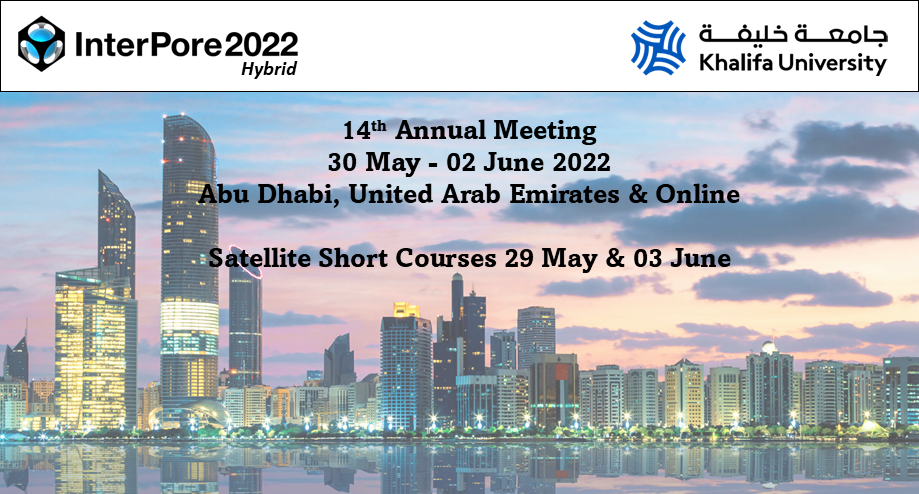Speaker
Description
The coupled simulation of frictional contact mechanics and fluid flow in fractured porous media is attracting more and more attention in many subsurface applications, such as geothermal energy production, carbon dioxide sequestration, and underground gas storage. In these contexts, large computational domains are usually required to achieve the desired accuracy, along with high resolution representations of the geological structures and their heterogeneous properties. A natural consequence is the growing demand towards the development of sophisticated models of increasing size, for which computational efficiency is an issue. A key factor is the availability of an efficient linear solver, which is usually the most time-consuming component of a simulation. In this talk, we focus on the development of a scalable and efficient preconditioning tool for the linearized system arising from the discretization of the coupled flow-deformation problem in fractured media.
We consider a model that relies on the explicit discretization of fractures, with Lagrange multipliers used to impose the contact constraints. Low order finite elements are used for the linear momentum balance in the continuous domain with a cell-centered finite volume scheme for the mass balance in the fracture network. Fracture-based Lagrange multipliers are also cell-centered. This mixed formulation does not require any interpolation between different fields, but needs to be properly stabilized to satisfy the inf-sup condition. The arising linearized Jacobian is a nonsymmetric and indefinite matrix, with a 3x3 block structure.
We propose two different approaches exploiting the natural unknown subdivision and a state-of-the-art aggregation-based multigrid solver. The key idea is to restrict the system to a single-physics problem, approximately solve it by an inner algebraic multigrid approach, and finally prolong it back to the fully-coupled problem. The two approaches are analysed and tested. Moreover, theoretical bounds for the eigenvalue distributions of the preconditioned matrices are identified. The comparison allows to find the best strategy among the two proposed. Finally, numerical results prove the algorithmic scalability, the influence of the relative weight of fracture-based unknowns and the performance on a realistic complex problem.
| Participation | Online |
|---|---|
| Country | Italy |
| MDPI Energies Student Poster Award | Yes, I would like to submit this presentation into the student poster award. |
| Time Block Preference | Time Block C (18:00-21:00 CET) |
| Acceptance of the Terms & Conditions | Click here to agree |









